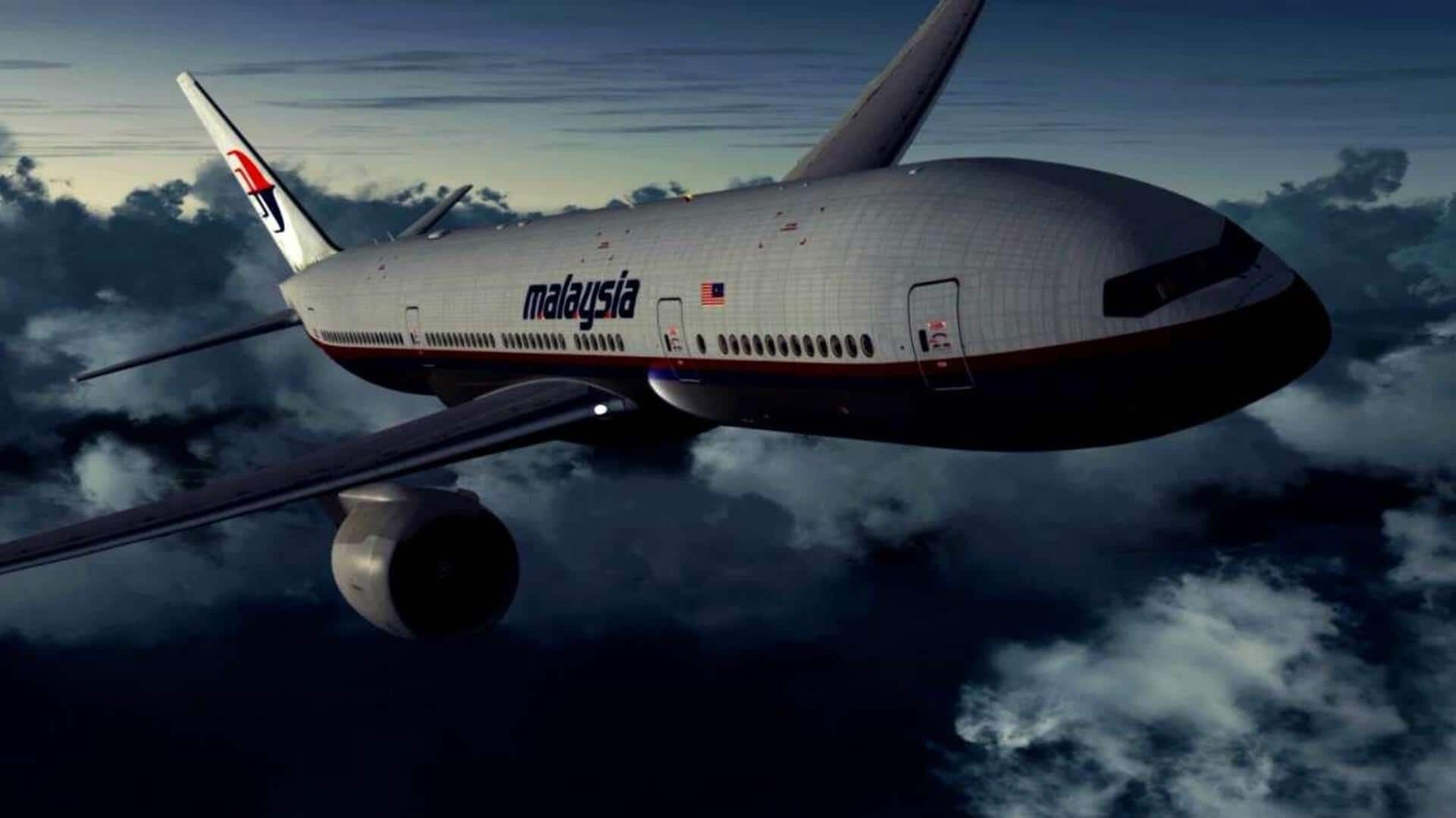
MH370 mystery: Can this Elon Musk-backed technology solve the case?
What's the story
The disappearance of Malaysian Airways Flight MH370 continues to be one of aviation's most baffling mysteries, even after a decade. Despite extensive search efforts by multiple nations and agencies, the aircraft's final resting place remains unknown. However, a revolutionary technology called Weak Signal Propagation Reporter (WSPR) could potentially unravel this enduring enigma. Tech industry leaders like Elon Musk have shown interest in this tech's potential to solve the MH370 mystery.
Vanishing act
Flight MH370's disappearance and failed search efforts
MH370 disappeared off the radar while flying from Kuala Lumpur to Beijing, triggering massive search operations in the South China Sea, Malacca Strait, and Indian Ocean. However, only scattered debris has been found and the aircraft's two black boxes remain missing. A $200 million air and sea search campaign was ultimately scaled back after two years, owing to disappointing results.
Possibility
How WSPR works
Experts are exploring the potential of various emerging technologies to aid in the search for MH370. One possibility is the use of WSPR data, a network of low-power radio transmitters used by amateur radio enthusiasts. By analyzing historical WSPR data, researchers might be able to identify potential signals originating from the aircraft's emergency locator beacon (ELT) in the hours following its disappearance.
Tech evolution
AI's role in aviation safety and sustainability
The MH370 mystery has pushed the aviation industry to look for new technologies for answers. Artificial intelligence (AI) is now a key player in aviation safety, with algorithms predicting potential equipment failures even before they occur. Quantum technology has also shown promise for improving aviation safety and sustainability. Recent tests have successfully shown that quantum sensors could keep aircraft positioned accurately even when GPS signals are compromised.
Quantum leap
Quantum technology's potential impact on aviation
Quantum technology could revolutionize aircraft navigation by ensuring accurate positioning even when traditional GPS signals are compromised. The unique properties of quantum mechanics, like particles existing in multiple states simultaneously and being linked regardless of distance, can be leveraged for fast parallel processing, encrypted secure communication, and precision navigation. This could potentially outperform classical computing in solving complex problems.